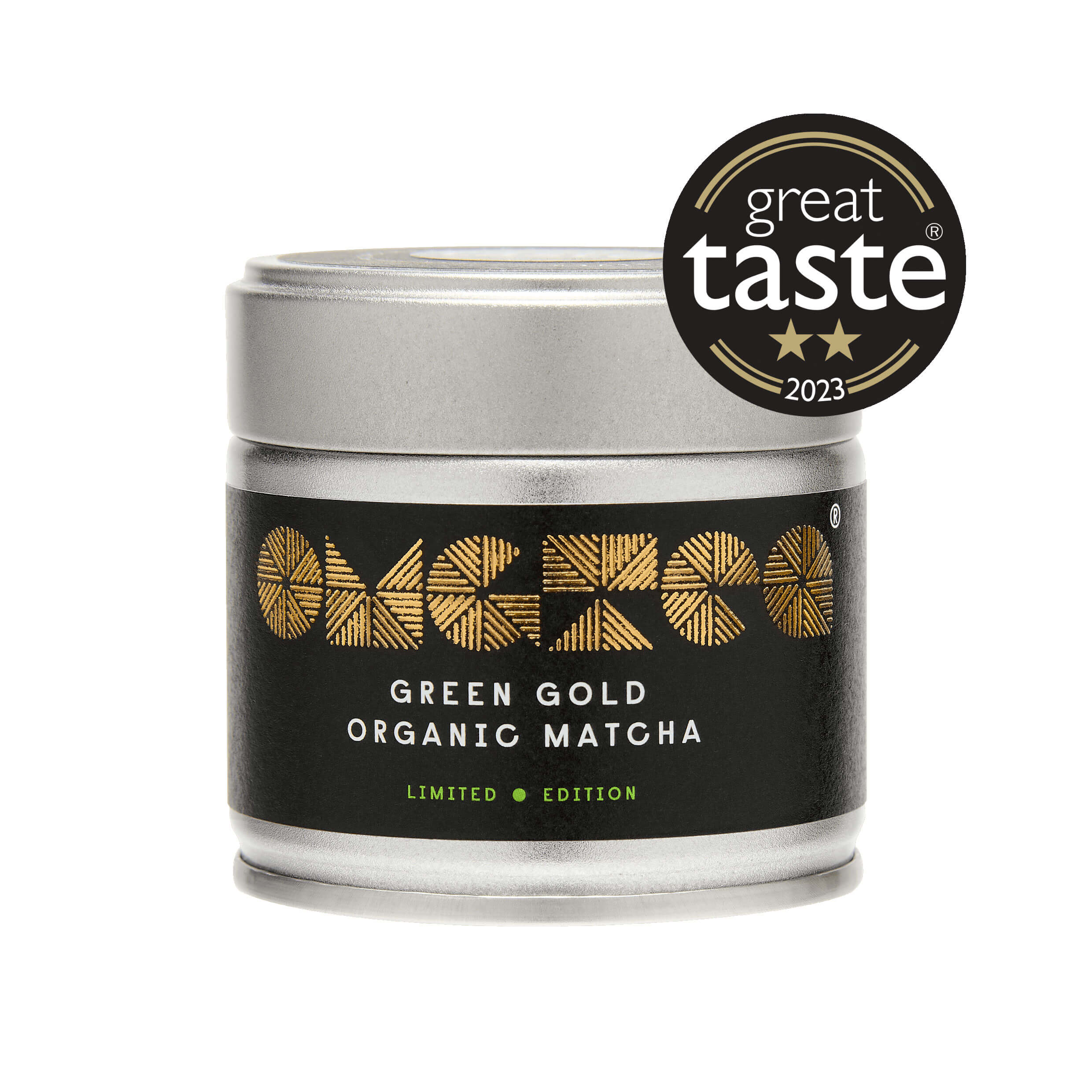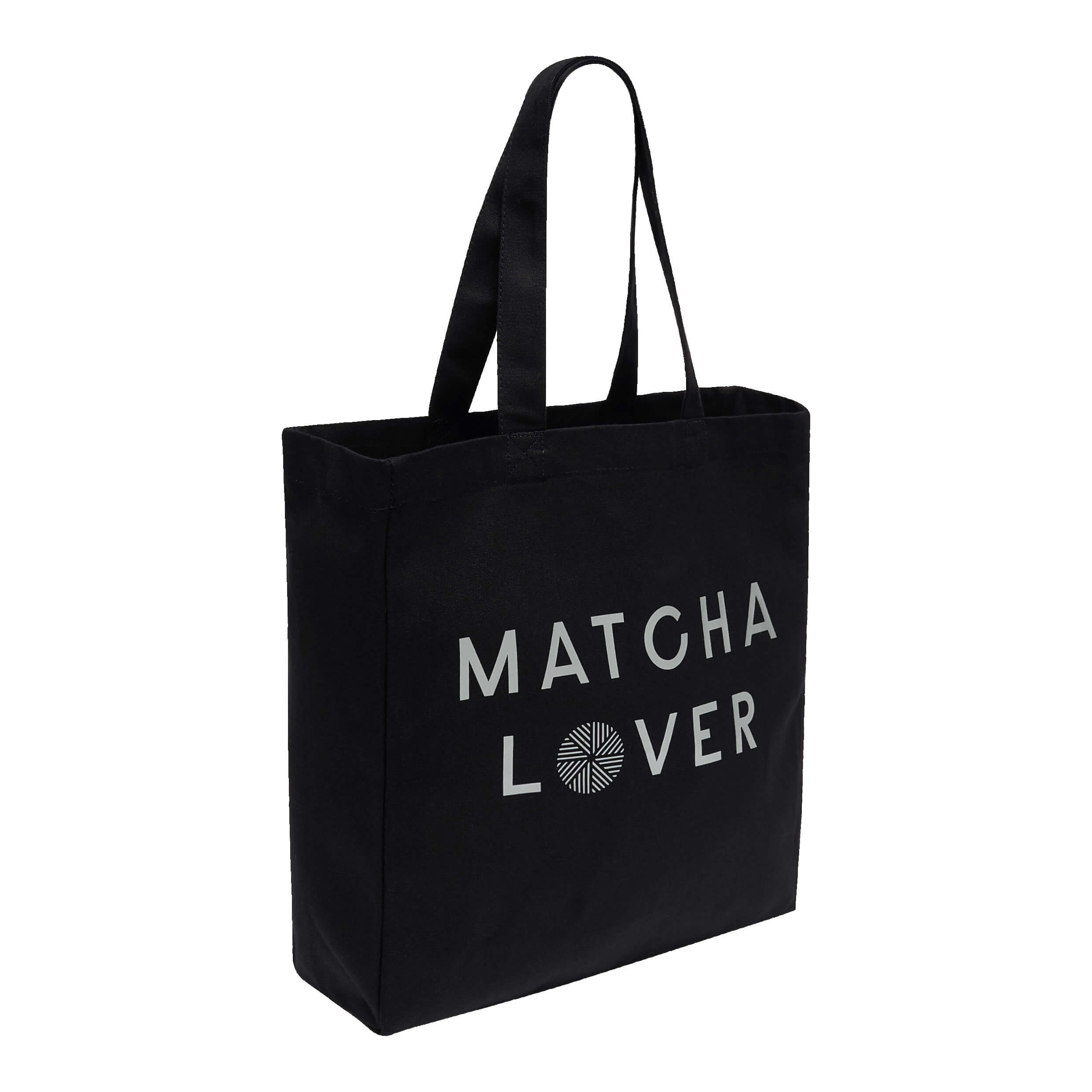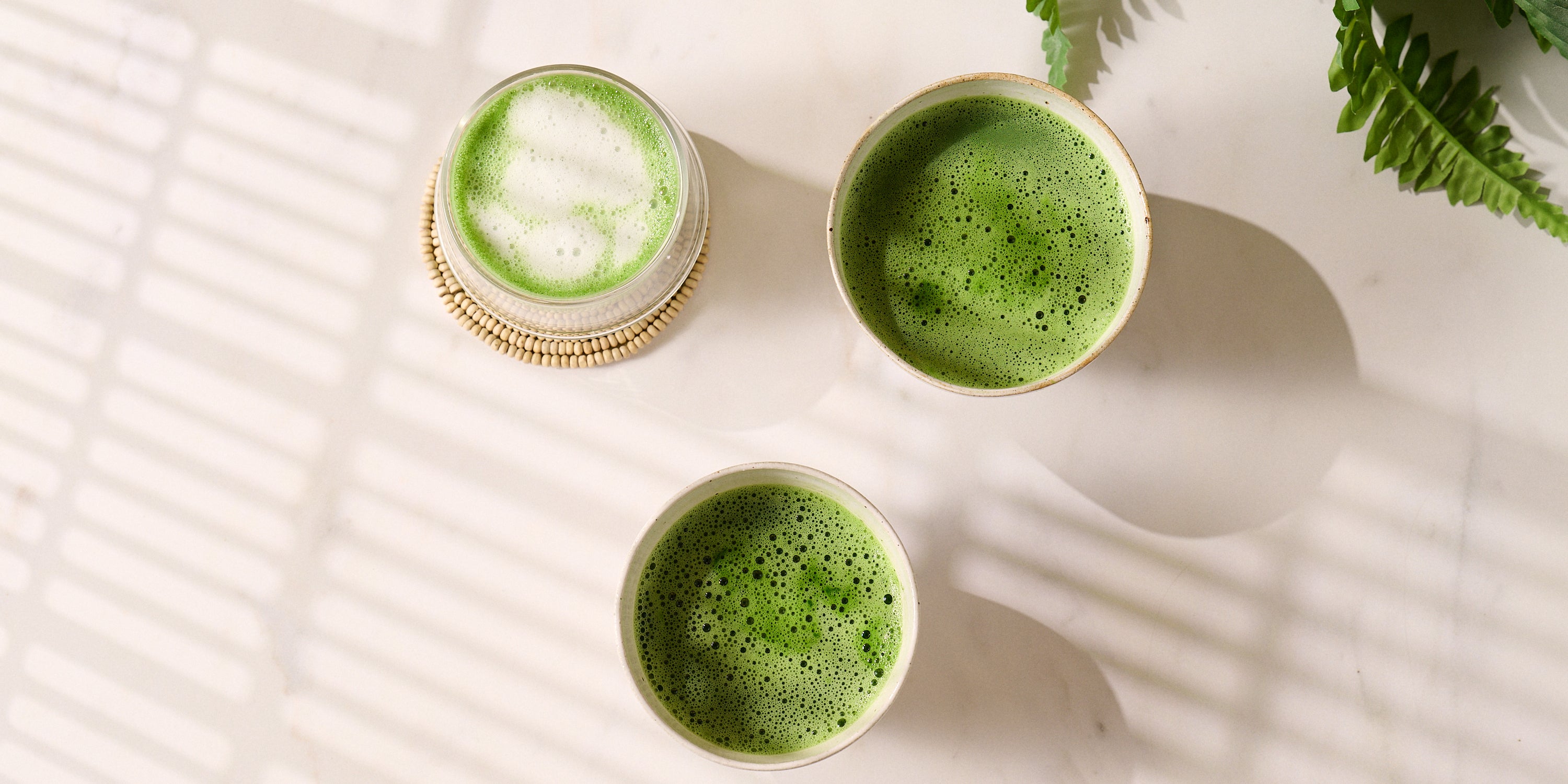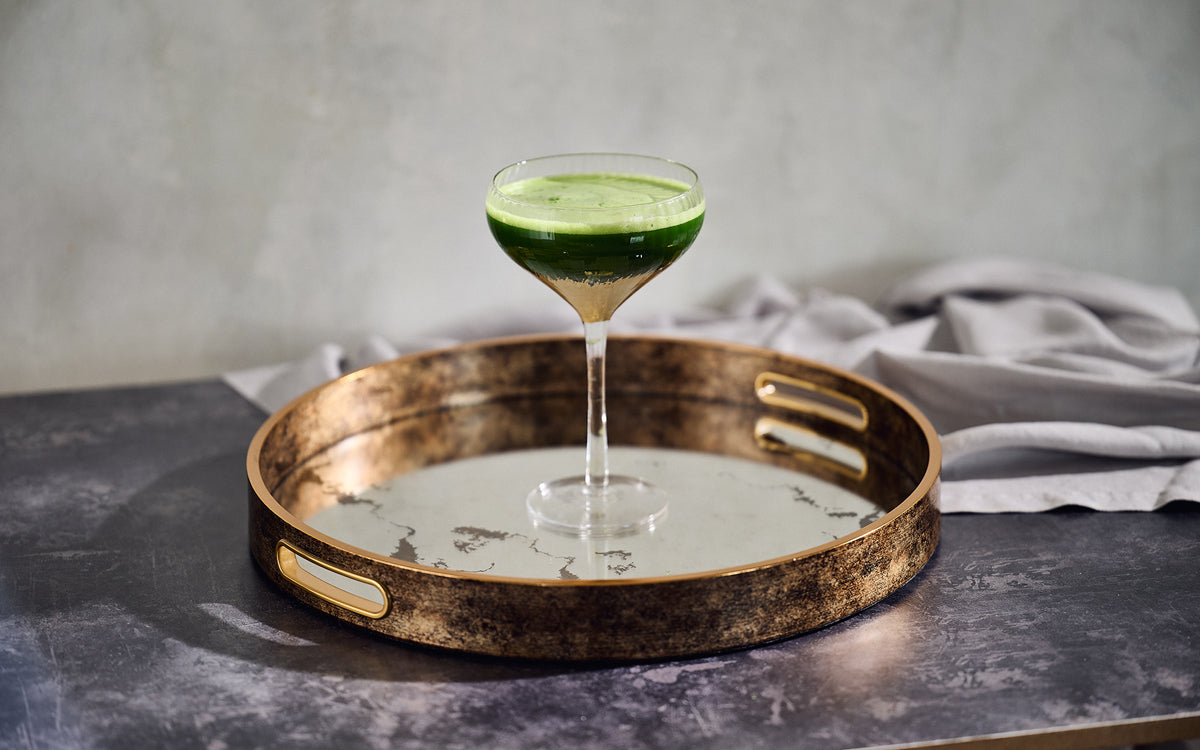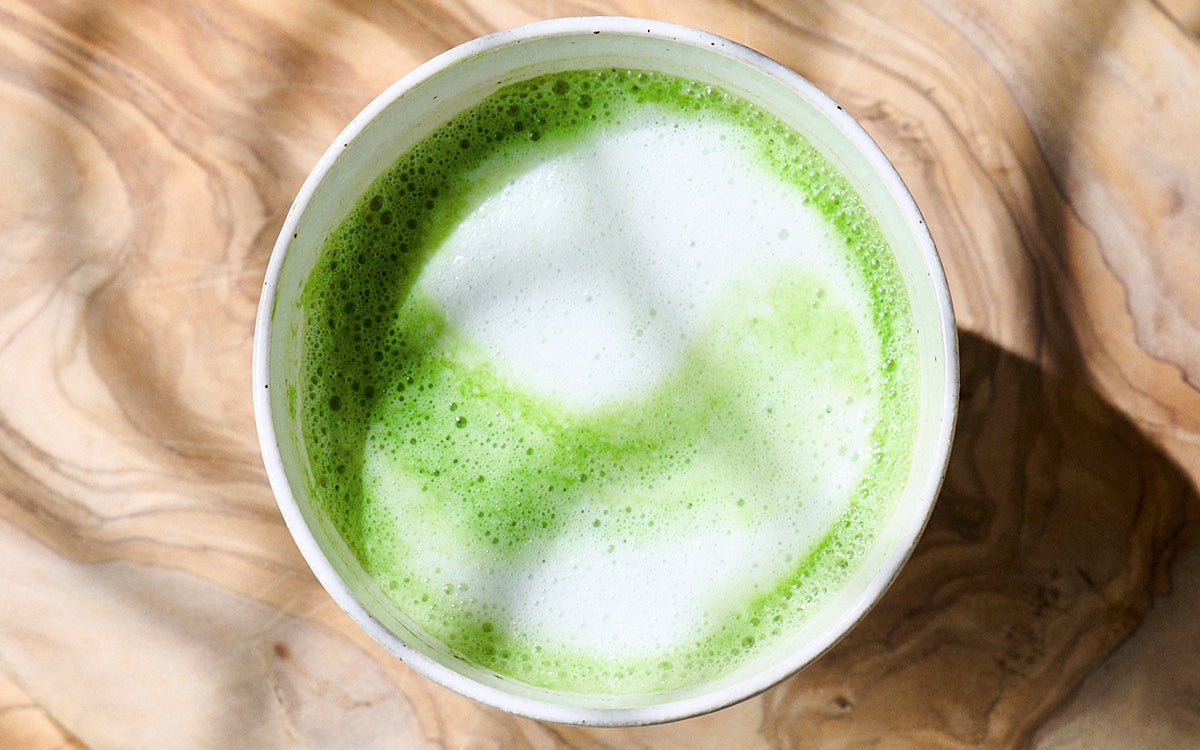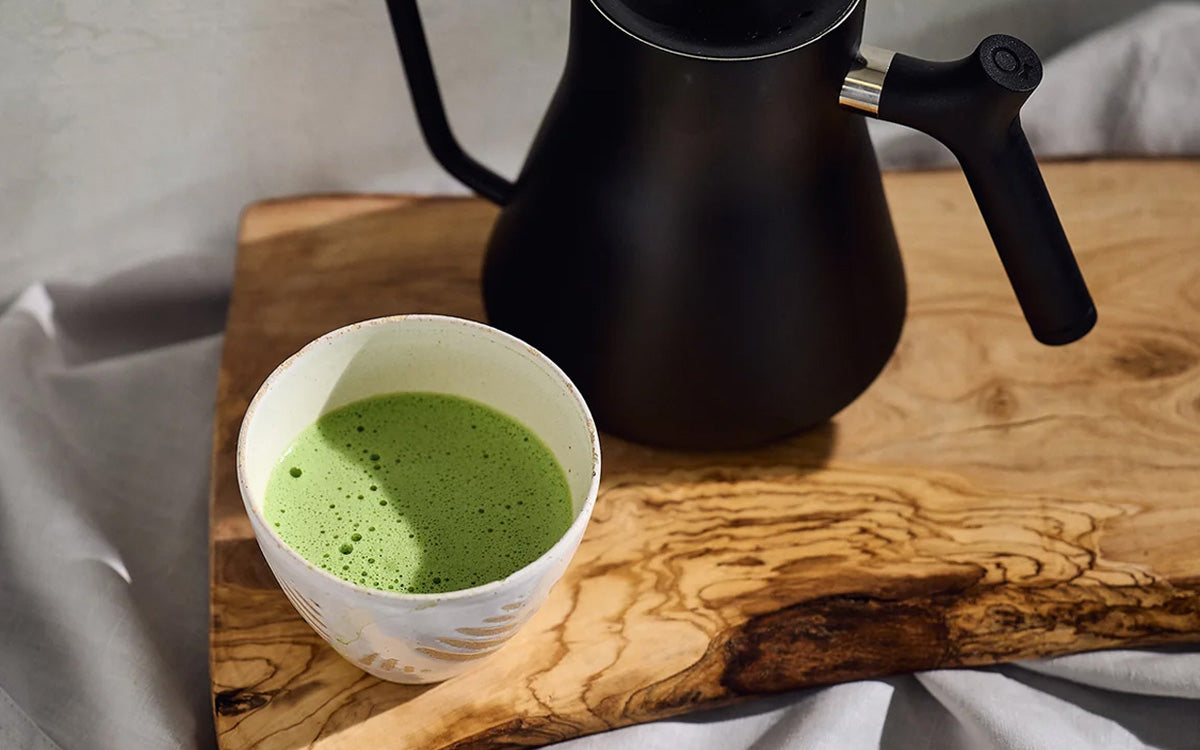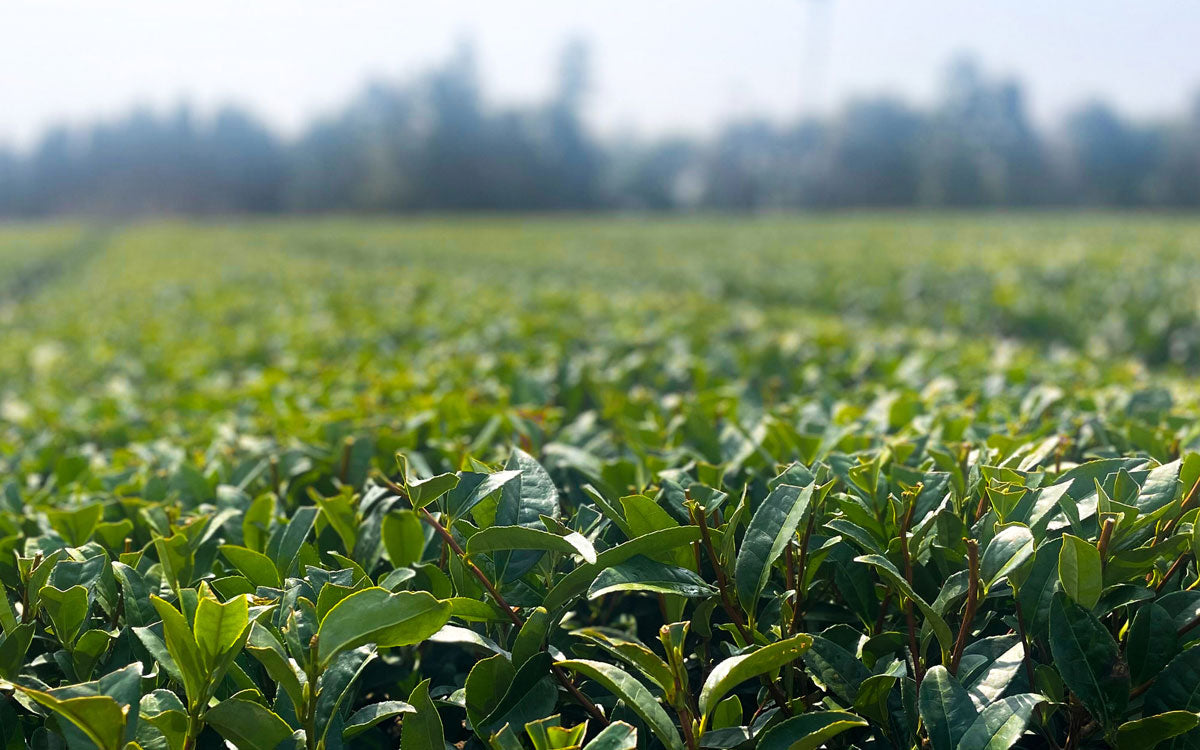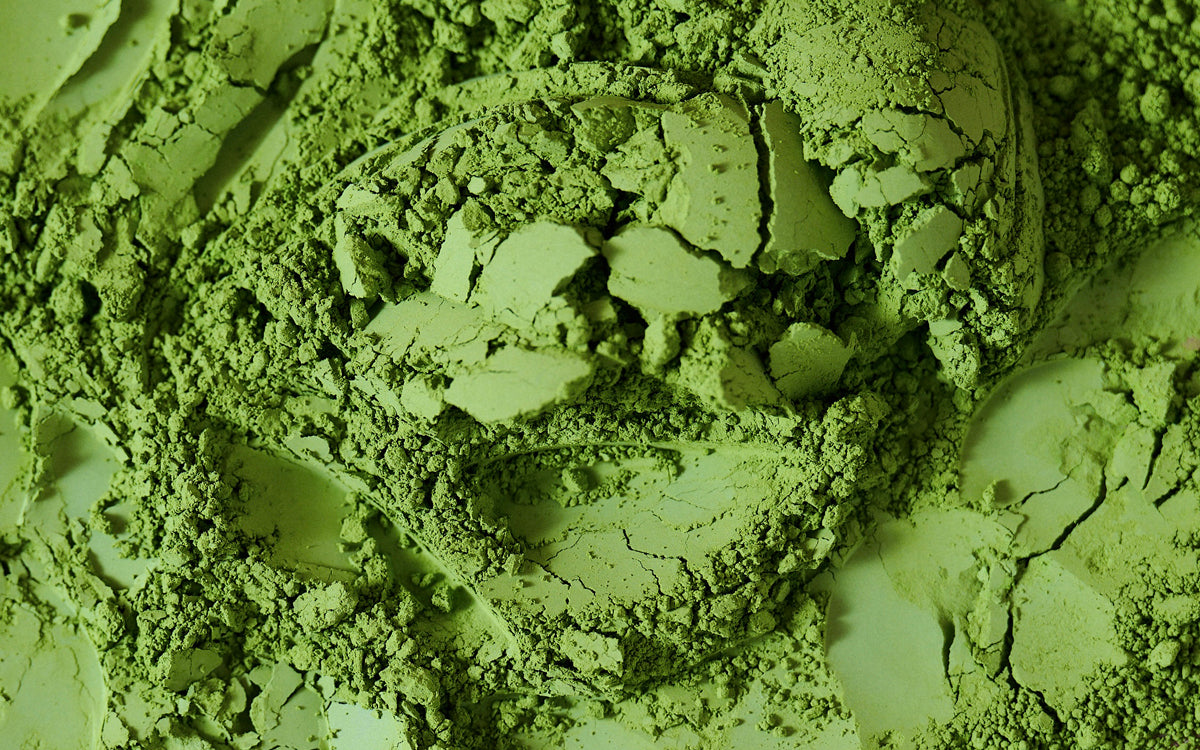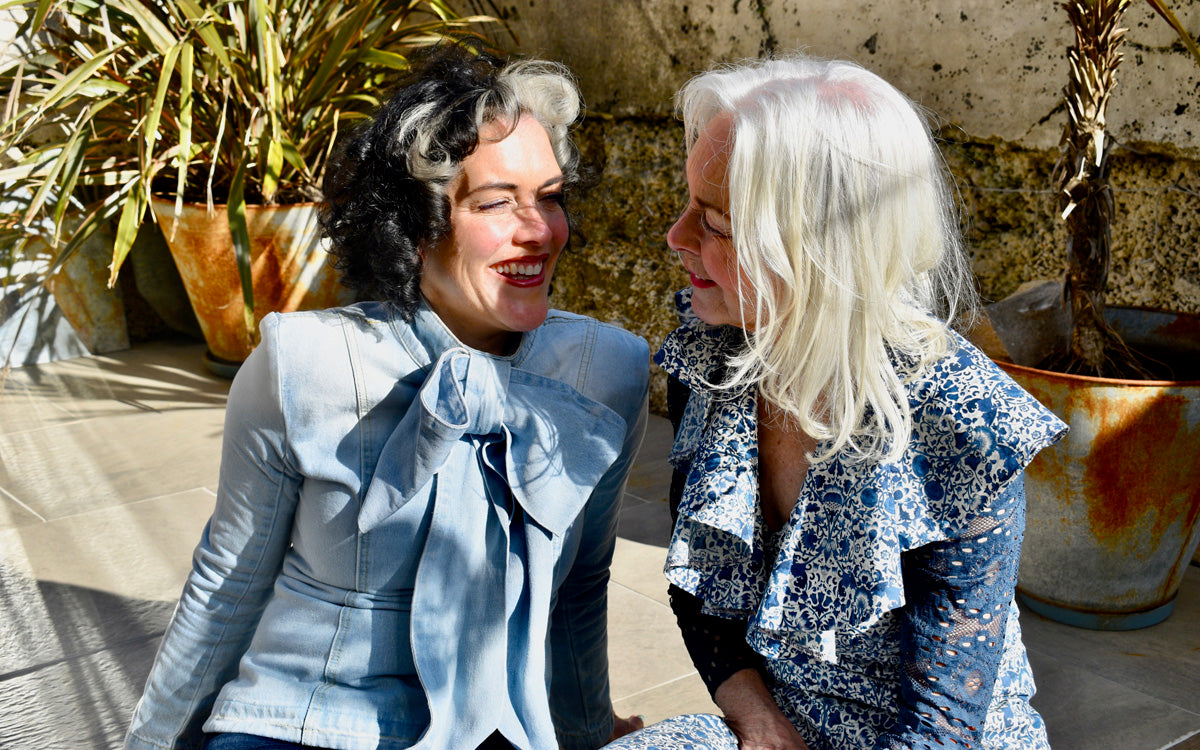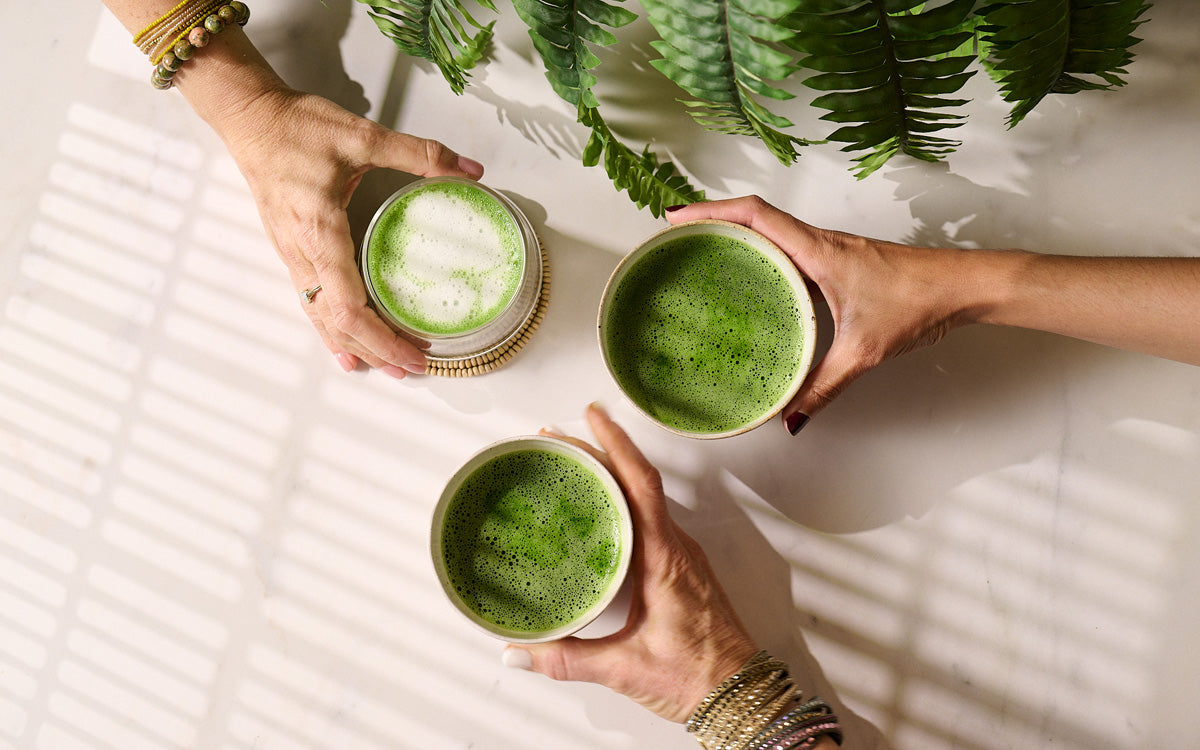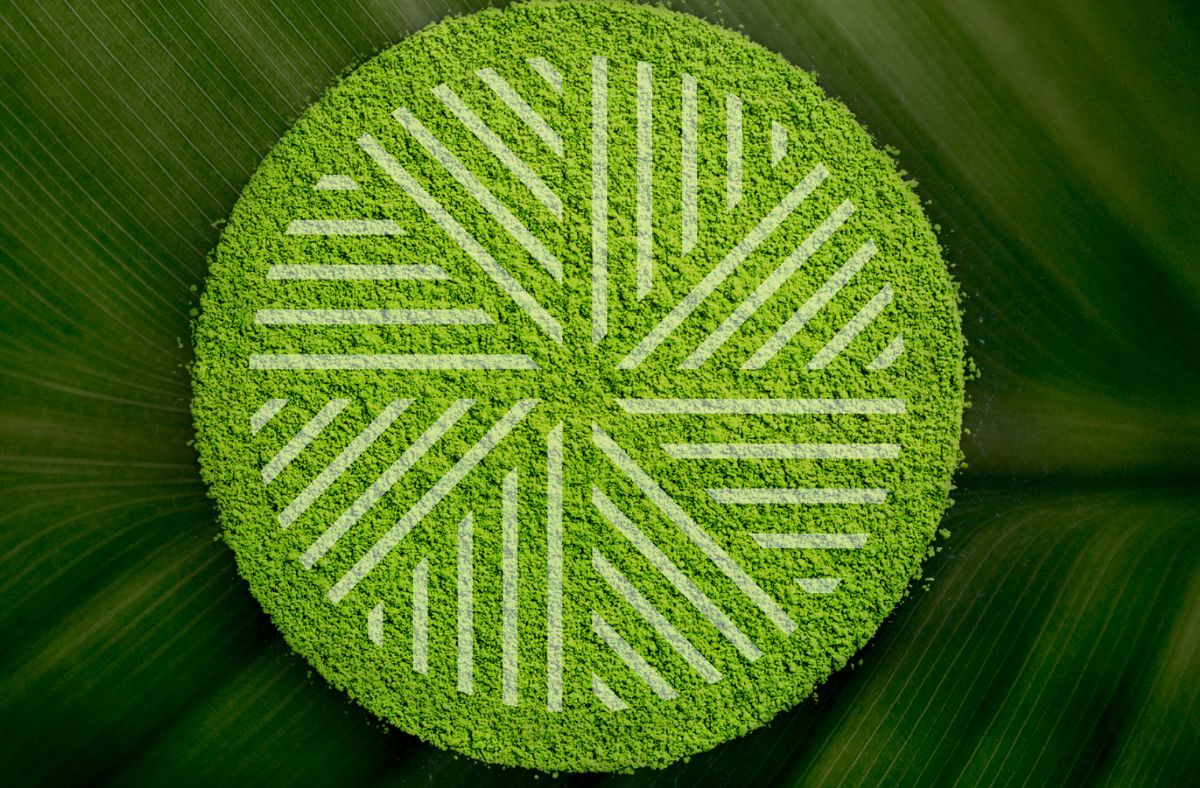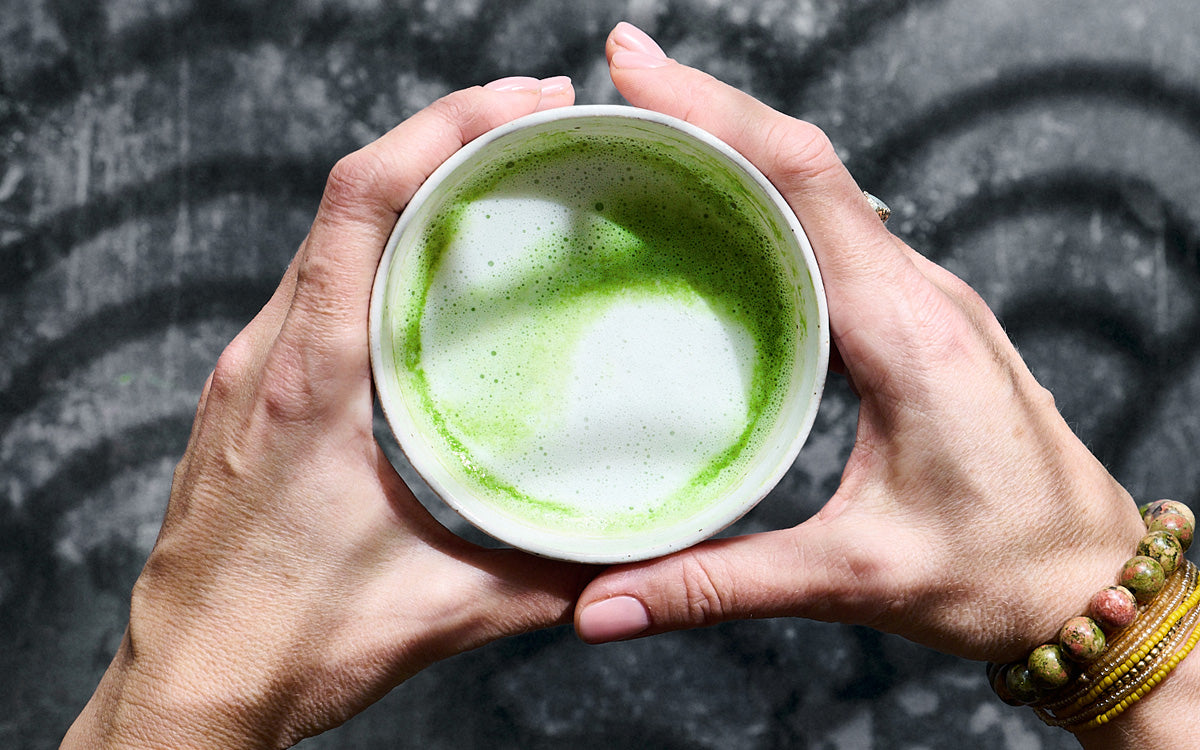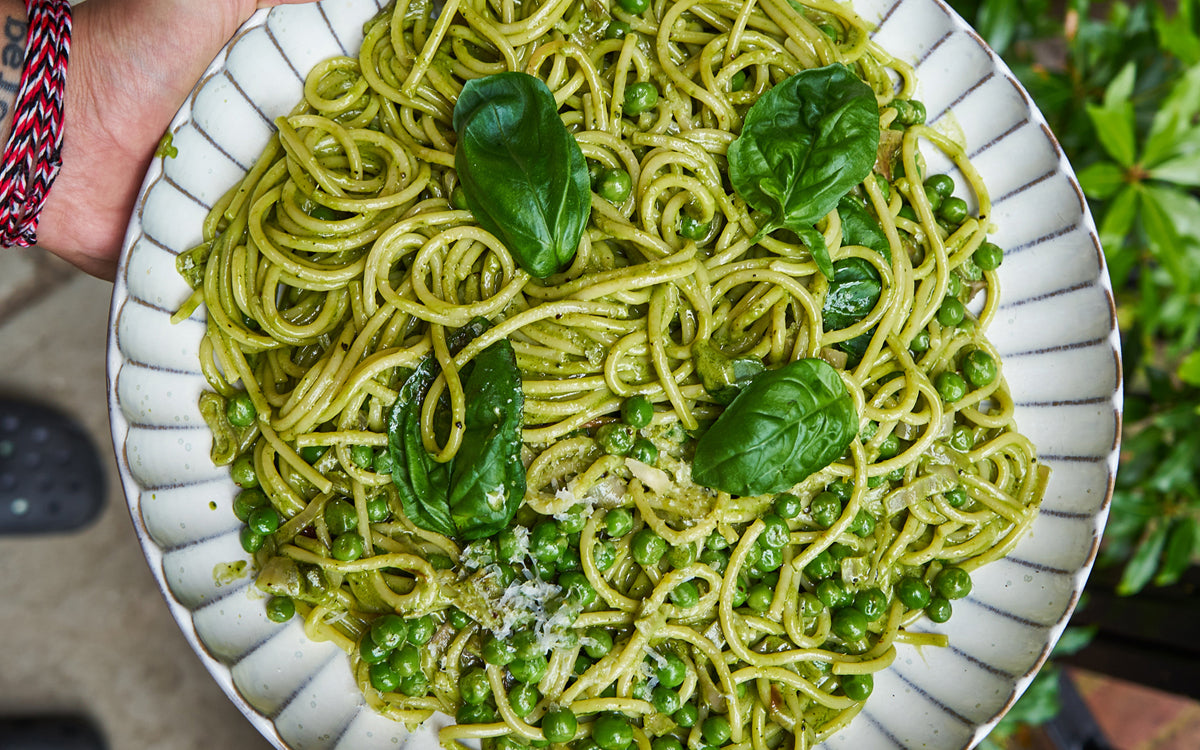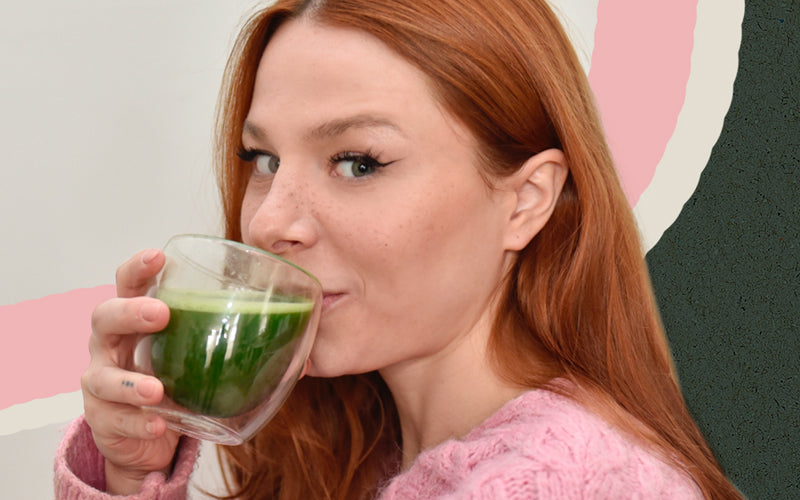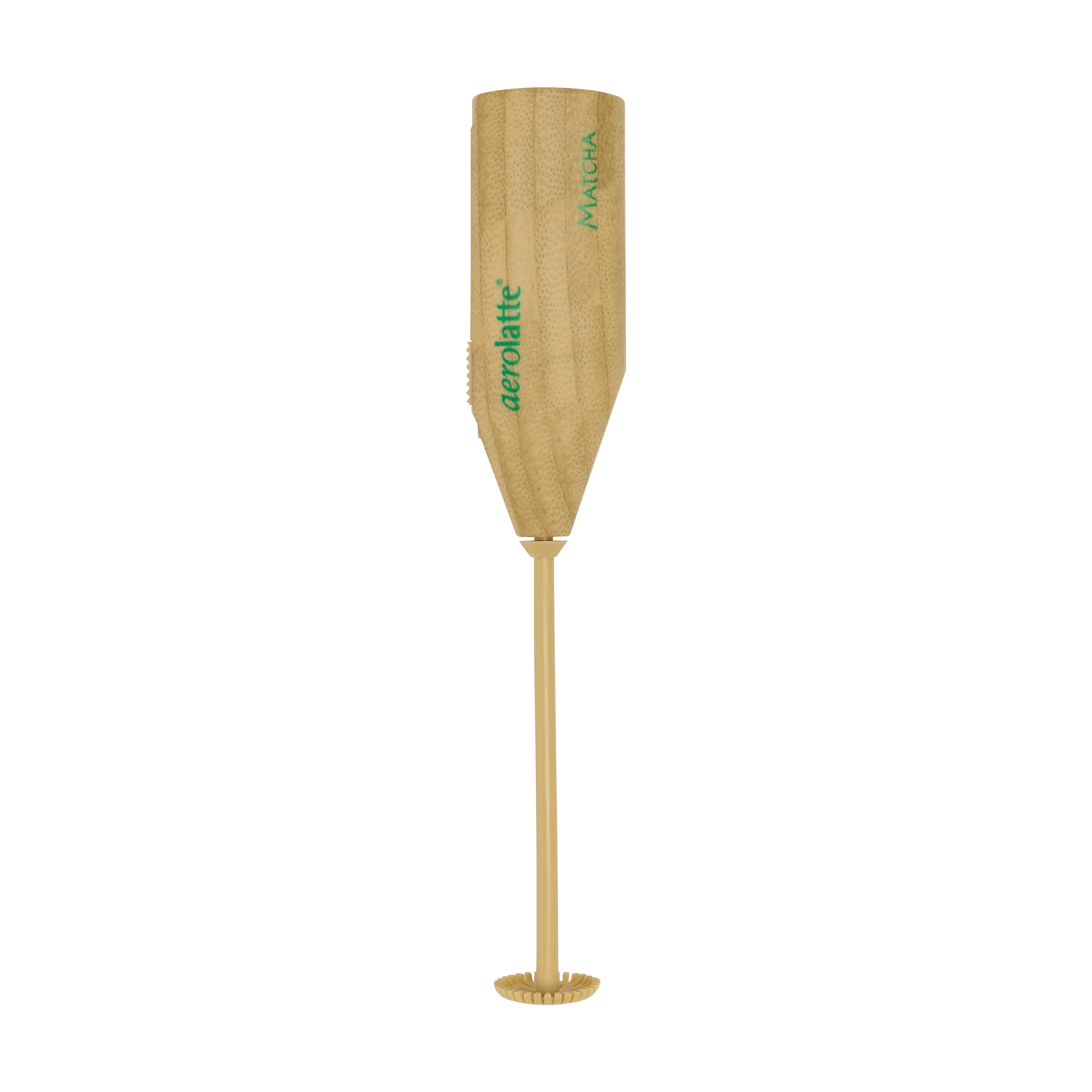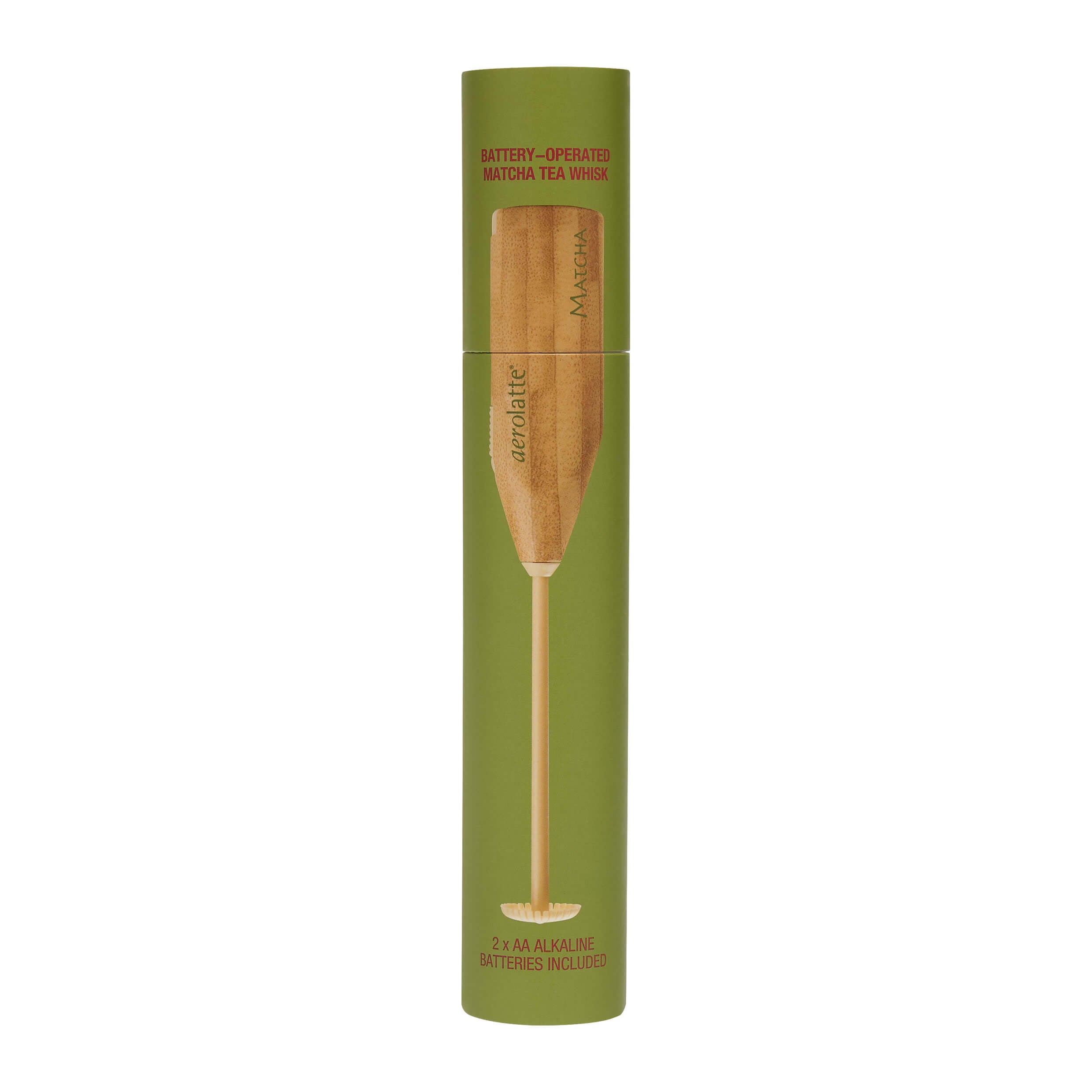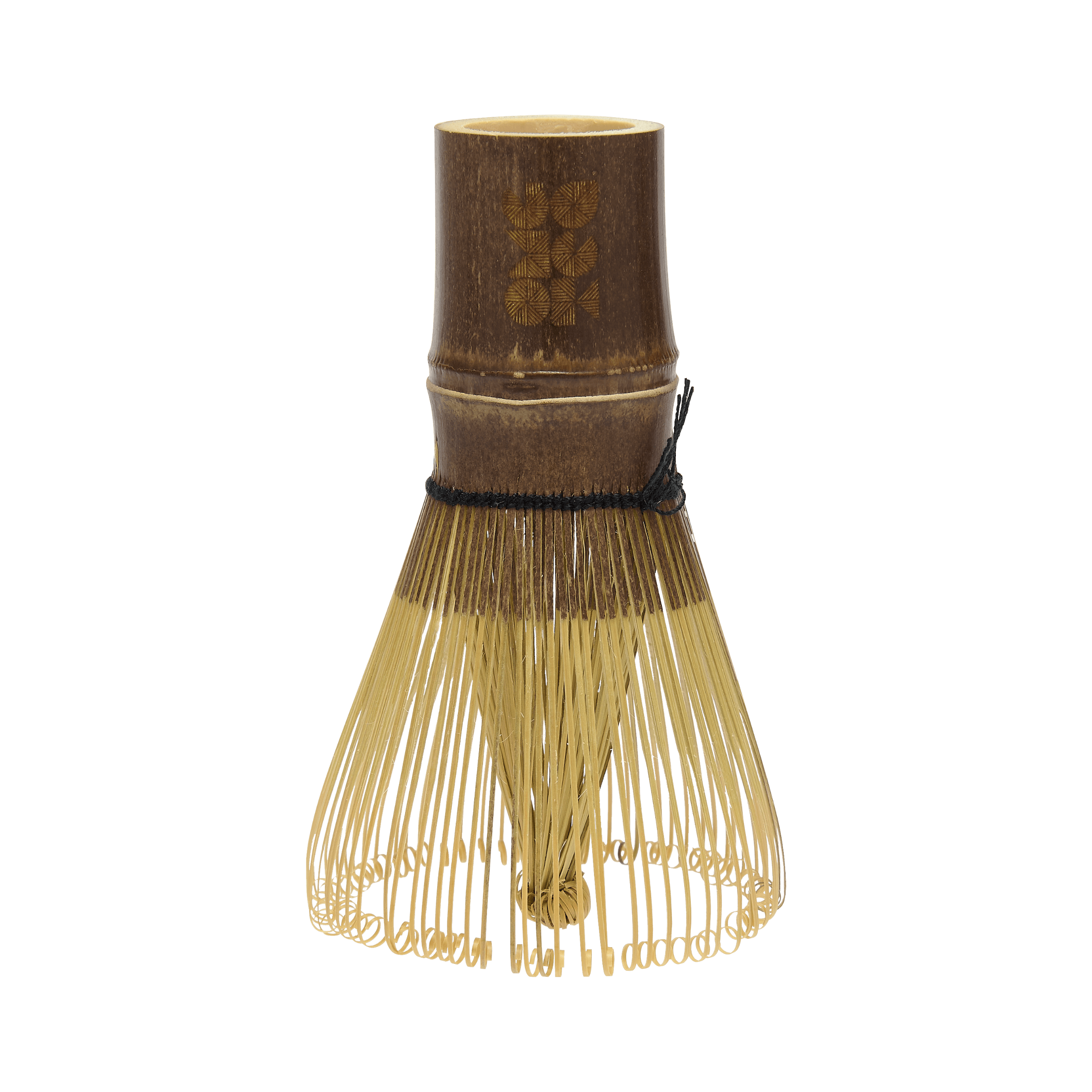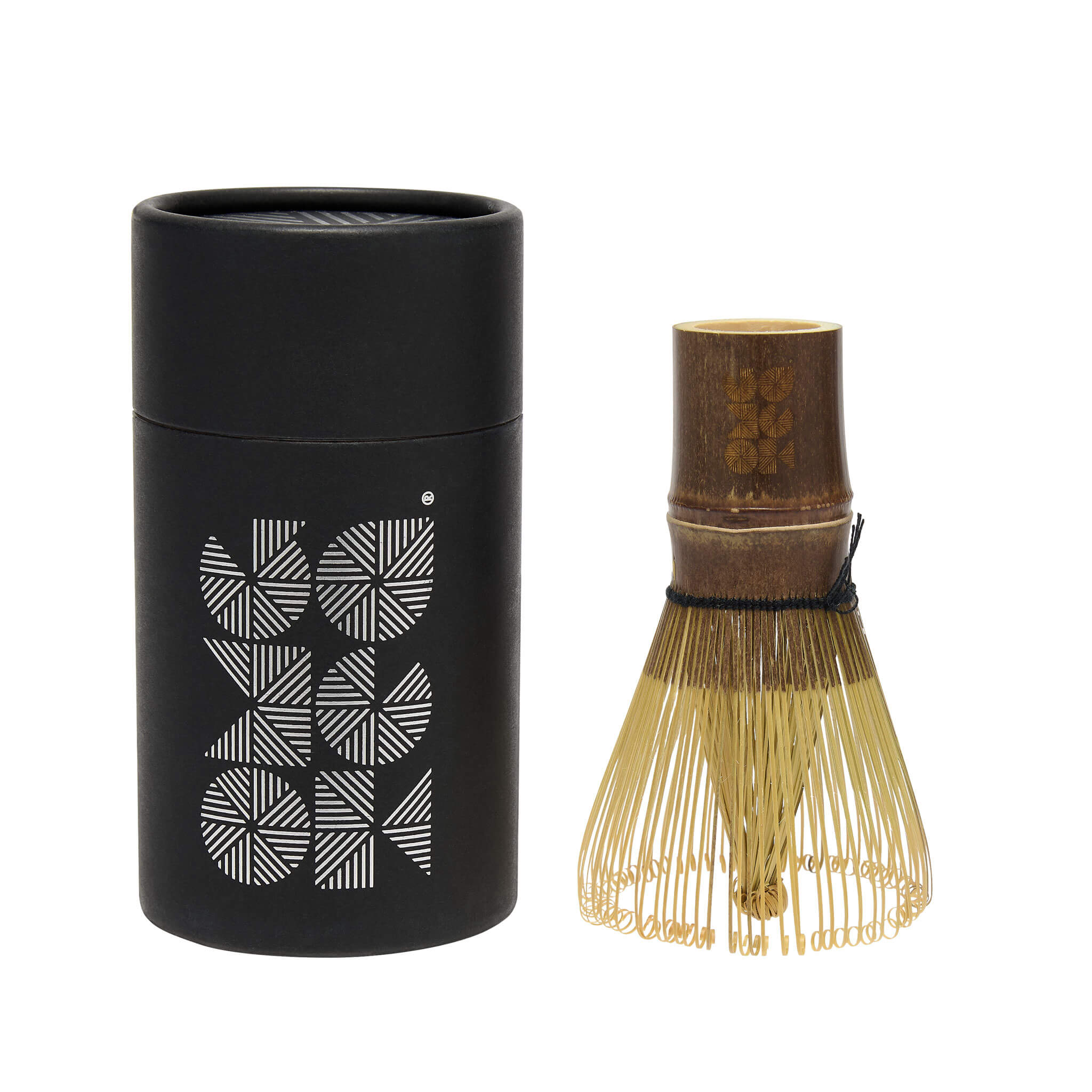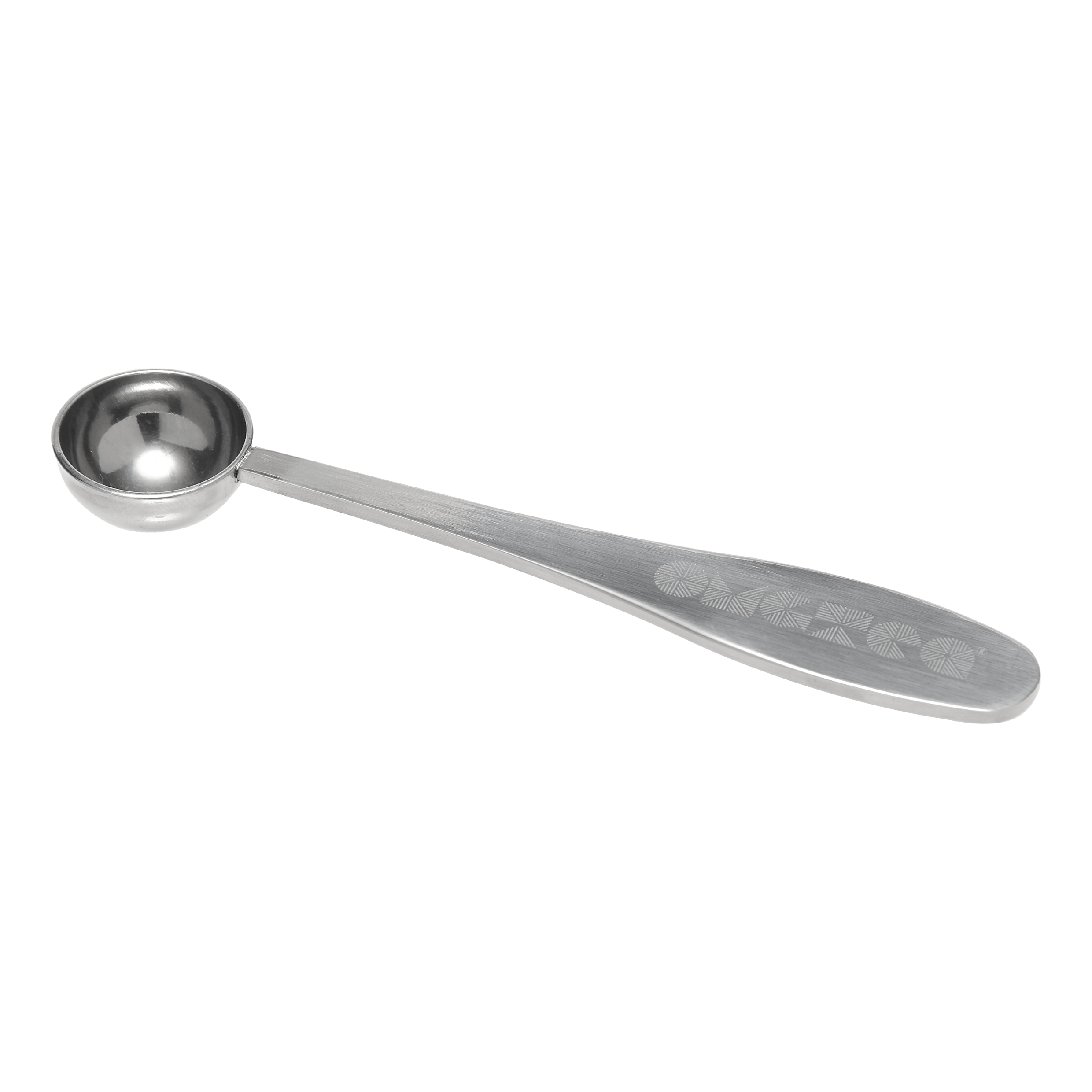It’s that time of year again, Organic September, the month-long campaign aimed at raising awareness of organic products, and the brands, producers and farmers who supply them to us there in the UK.
Why should I buy organic?
When you buy organic you can be sure that the products you are buying:
- Contain no artificial additives or preservatives.
- Contain fewer pesticides. There are only 20 pesticides that can be used by organic farmers all of which are derived from natural ingredients. This is compared to almost 300 pesticides used in regular farming.
- Conform to high standards of animal welfare.
- Contain no genetically modified ingredients.
- Have been produced in a way that is sustainable.
What is organic farming?
Organic agriculture is about a way of farming that pays close attention to nature by using fewer chemicals on the land such as artificial fertilisers, which can pollute waterways. It means more wildlife and biodiversity, the absence of veterinary medicines such as antibiotics in rearing livestock and the avoidance of genetic modification. Organic farming can also offer benefits for animal welfare, as animals are required to be kept in more natural, free-range conditions.
What should I look out for on labels/packaging?
Foods labelled "100 percent organic" must contain only organic ingredients. Products containing at least 70-percent organic content can be labelled "made with organic ingredients” and those foods labelled simply "organic" must have at least 95-percent organic ingredients, by weight or fluid volume, excluding water and salt.
As some ingredients are not available organically, some non-organic food ingredients are permitted however, all artificial colourings and sweeteners are banned completely in foods labelled as organic.
Other terms relating to organic methods include:
• ‘bio’
• ‘eco’
• ‘organically grown’
• ‘organically produced’
• ‘grown or produced using organic principles’
• ‘grown or produced using organic methods’
All organic food companies and farms are inspected yearly to ensure that they meet the high standards required for organic food under European law. There is a strict set of detailed regulations that need to be met and include not only production methods but also other business practices including storage and labelling.
Look for labels with the Organic Farmers & Growers and Soil Association logos.
OMGTea – proud to be 100% organic
We believe that together, our small collective actions add up to make a real difference and we are proud that our full range of OMGTea products are 100% organic.
Our supplier in Japan was one of the first to start growing organic tea back in 1978 and continues to support sustainable land management that preserves soil fertility in the long term, keeping the impact on the environment to a minimum.
OMGTea comes from the Kagoshima prefecture, a region known for its high standards of organic matcha farming and production. Kagoshima is on the southern island of Kyûshû, known for its lush vegetation and unspoilt landscape. The warm, humid climate provides the perfect conditions for growing matcha. Kagoshima is a volcanic island and as such has extremely nutrient-rich soils, at least eleven active volcanoes continue to provide the valuable minerals that help these extraordinary tea plants grow.
Such optimum conditions enable the cultivation of the best quality organic matcha and it has been cultivated here for over 700 years. This long history and the ongoing optimisation of cultivation processes has made Kagoshima the second-biggest tea prefecture in Japan, specifically offering optimum conditions for organic matcha cultivation.
Celebrate Organic September With Us
To celebrate Organic September this year, we are offering 20% off our full range of organic matcha tea products for the whole month of September. To take advantage of this offer, simply use the code organic20 when checking out.
